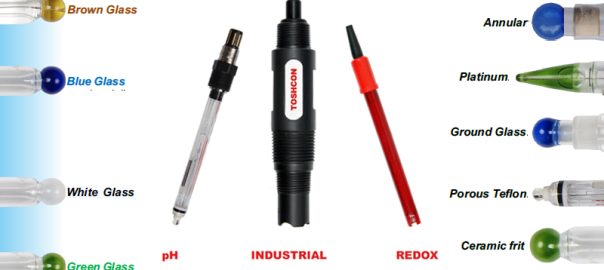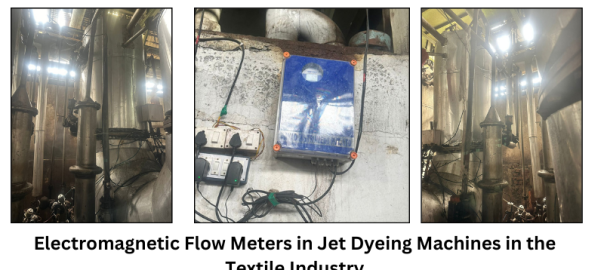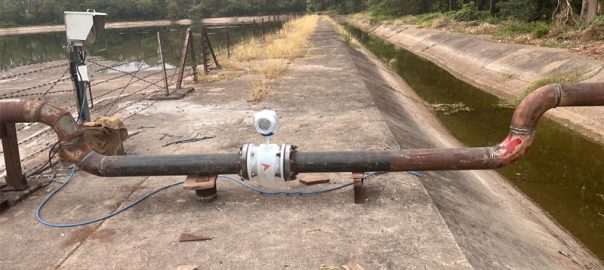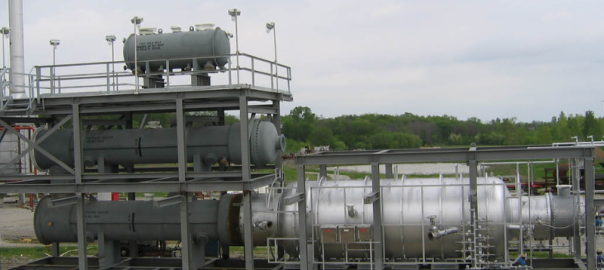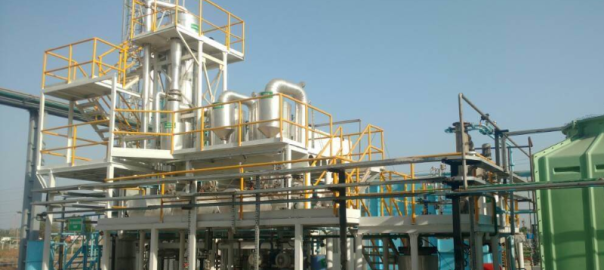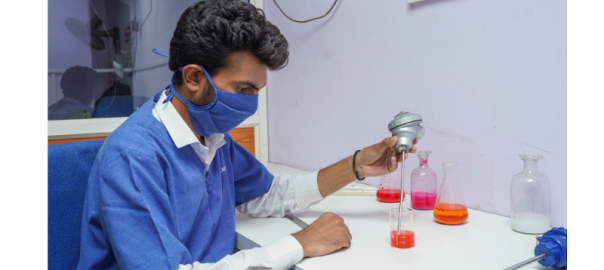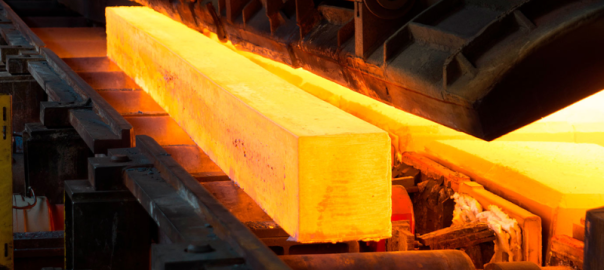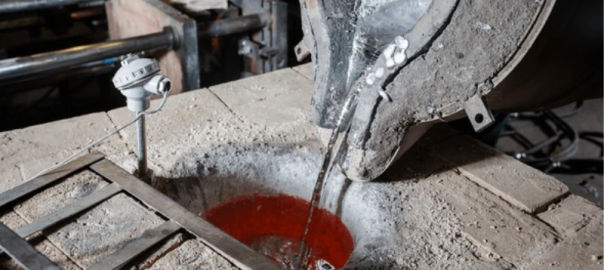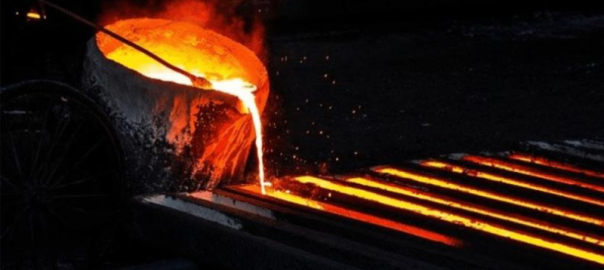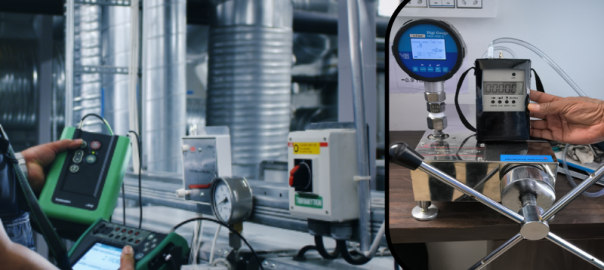
Thermocouple conductors are used in the construction of thermocouple sensors to directly sense temperature; however, extension and compensating conductors are used in extension/compensating cables that are used to extend the thermocouple mV signal from thermocouple sensors to the panel. When compared to Thermocouple grade conductors, extension and compensating grade conductors often have lower temperature limits and accuracy.
The following are the primary distinctions between the three types of conductors:
- Thermocouple Conductors: Thermocouples are temperature sensors that generate a voltage signal based on the temperature difference between two dissimilar metal wires joined at one end (the measurement junction). This voltage is then used to determine the temperature. The types of metals used in a thermocouple pair define its characteristics, accuracy, and temperature range.
- Extension Cables: Extension cables are used to connect the thermocouple sensor to the measuring instrument (thermometer, data logger, etc.). They’re designed to extend the distance between the thermocouple measurement junction and the instrument while maintaining the accuracy of the temperature measurement. Extension cables use the same types of metal as the thermocouple they’re connected to, ensuring that there’s no additional voltage generated due to temperature differences along the cable.
- Compensating Cables: Compensating cables are similar to extension cables, but they are used when the thermocouple metals aren’t suitable for a specific temperature range or environment. Compensating cables are made from alloys that closely mimic the thermoelectric properties of the thermocouple pair they’re meant to compensate for. They help eliminate errors caused by temperature variations along the cable. Compensating cables are particularly useful in situations where the actual thermocouple wires wouldn’t perform optimally, such as high-temperature or corrosive environments.
In summary, the key differences are as follows:
- Thermocouple Conductors: These are the actual thermocouple wires that generate a voltage based on temperature differences.
- Extension Cables: These cables are used to extend the distance between the thermocouple measurement junction and the measuring instrument, ensuring accurate temperature readings by using the same thermocouple metals.
- Compensating Cables: Compensating cables are similar to extension cables, but they are used to replace the actual thermocouple wires in situations where those wires wouldn’t be suitable, providing accurate temperature measurement even in challenging environments.
Each of these components plays a crucial role in creating a reliable and accurate temperature measurement system using thermocouples.


